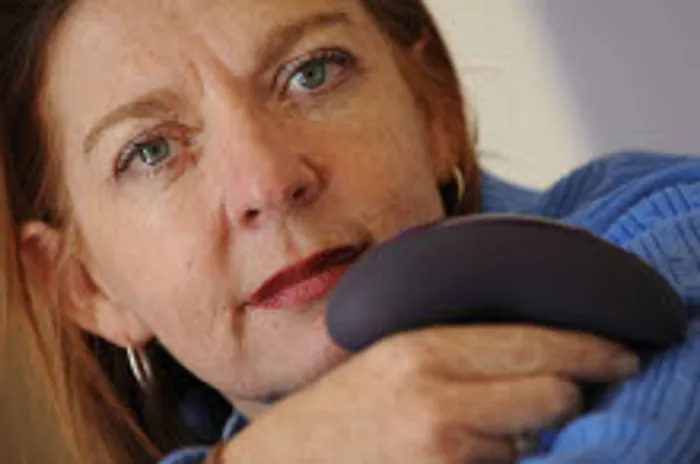The relationship detox we all need

Sharon Gordon is the brains behind the Lola Montez Brand leads the adult entertainment Industry and has revolutionised the way business is done.
Image: File picture
We all know those couples. The ones who are sugar-sweet in public but simmering with tension the moment the door closes. And the ones who bicker relentlessly, even in front of guests until everyone feels the urge to escape.
I always find myself wondering how long it will last. My parents’ generation often stayed together no matter what. My generation? Not so much. And while it may be easier to leave today, it still takes enormous courage, especially when you’re in something toxic.
At the heart of any healthy relationship is a simple formula: mutual respect + shared power. When one partner holds all the power financially, emotionally, socially, the cracks eventually show. Resentment creeps in. Someone starts shrinking. Someone else starts dominating. It’s an old story, yet people keep trying to rewrite it with the same characters and the same script.
Power imbalances happen for many reasons. Sometimes they shift naturally over time. Sometimes they are entrenched. The key is to acknowledge them, talk about them and take responsibility for managing them. And one of the most effective ways to detox a relationship is by setting boundaries.
Boundaries define how we allow others to treat us.
Healthy boundaries create safety, trust and clarity. Weak or non-existent boundaries leave us open to emotional erosion, manipulation and even abuse.
Of course, setting boundaries is a learned skill. Many of us grew up in families where it wasn’t safe to say, “I don’t like that” or “No, thank you.” Others fear rejection so deeply that they mould themselves into whatever shape keeps the peace. And then they wonder why they feel invisible.
When we don’t set boundaries, we become people-pleasers. We lose the right to our own needs and slowly morph into the household doormat. We tolerate behaviour that chips away at our self-worth. Over time, the depression settles in, the quiet ache of never being heard.
And then there’s the baggage we drag from one relationship into the next. Many of us have been lied to, cheated on, humiliated. But not every partner will repeat history. If we treat every new relationship as a crime scene, we end up policing each other instead of loving each other. It’s exhausting. And it will eventually destroy the relationship you’re trying to protect.
By all means, be clear:
- If you cheat, we’re done.
- If you hit me, that’s the last time you’ll lift that hand.
Crystal-clear consequences are not ultimatums, they’re boundaries.
Some boundaries can be flexible and negotiated. For instance: Go to action cricket once a week but be home by 11pm and don’t drive drunk. Reasonable, respectful, adult.
Boundaries aren’t threats. They’re information about your limits, your values and your standards. They are essential in romantic relationships, friendships, parenting and workplaces.
They communicate this powerful truth: I have worth.
When two people respect themselves and each other, there is no need for control, manipulation, or the latest buzzword “gaslighting.” And let’s be clear: gaslighting isn’t a trendy term for “we disagree.” It’s the deliberate twisting of reality to make the other person doubt themselves.
I experienced it recently and even with my legal training and a solid paper trail, I found myself questioning my sanity. That’s how corrosive it is.
Boundaries protect your time, your finances, your body and your emotional health. At work, they shape your professional identity. In love, they protect your dignity.
If you find that setting boundaries feels impossible or you regularly accept treatment that hurts you, it might be time to seek support from a psychologist. Not because you are weak, but because you deserve relationships that honour your humanity.
Only you can break your own cycle of self-abandonment. It takes courage, consistency and sometimes help. But it absolutely can be done.
And perhaps it’s time to start right now, with a little relationship detox.
Related Topics: